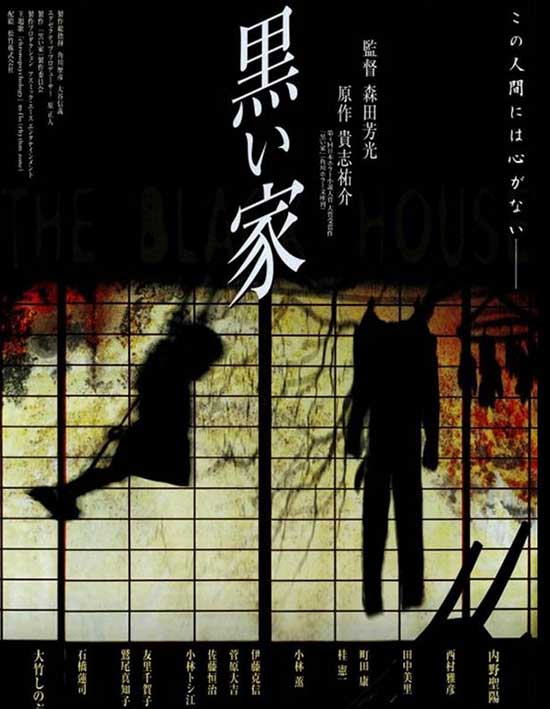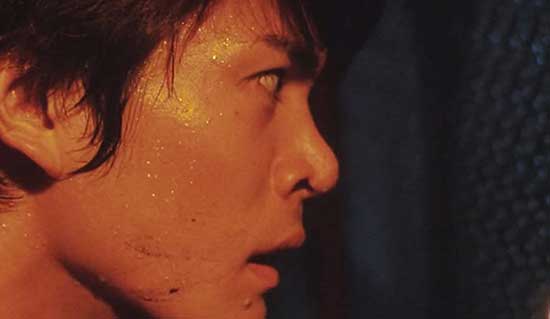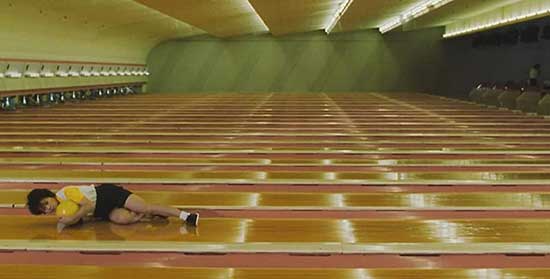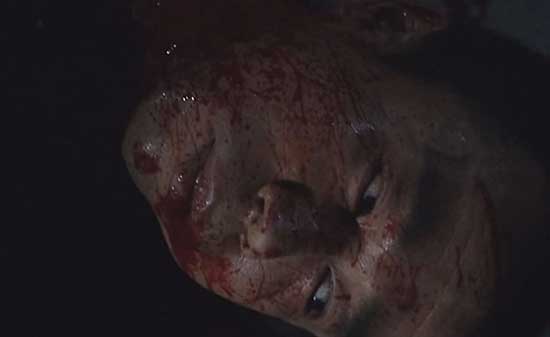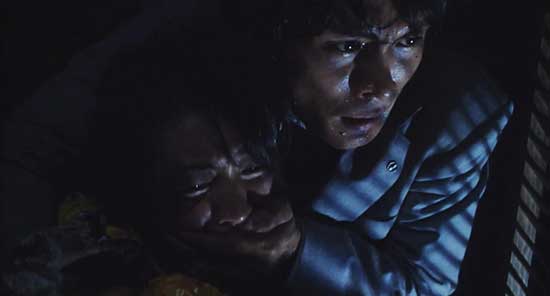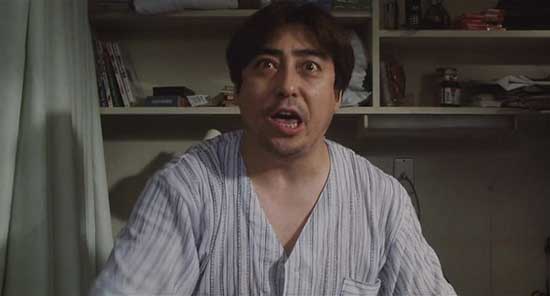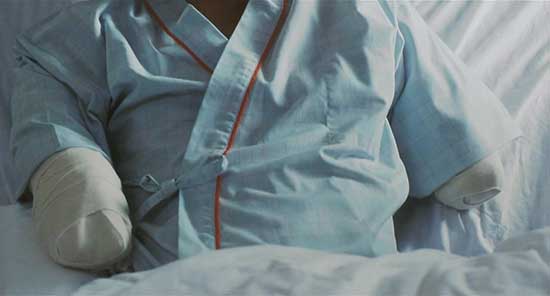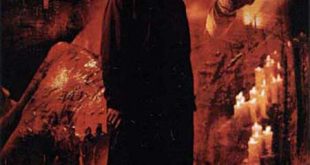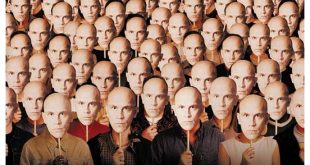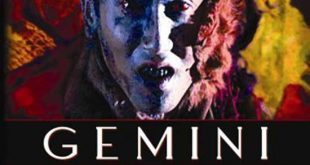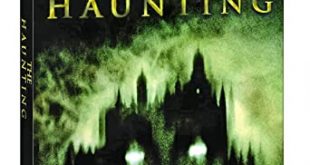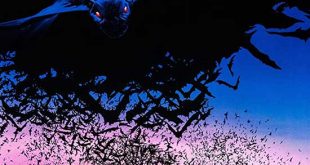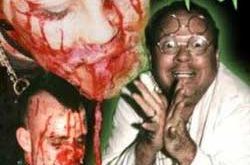SYNOPSIS:
A timid insurance agent investigates a possible insurance fraud case that involves a death. As the facts are slowly revealed, he becomes progressively more frightened.
REVIEW:
Yoshimitsu Morita’s The Black House offers a slow burning, darkly comic tale of suspicion, deceit and murder. It will not be everyone’s cup of tea, but those who stick with it till the end, are unlikely to be left disappointed.
The story follows a meek and timid insurance agent Wakatsuki (Masaaki Uchino); a dedicated cog in the corporate wheel that is Showa Life Insurances. Having years of experience of all types of charlatans, Wakatsuki’s outlook on humanity is not the most positive one, and he is always on the lookout for possible fraudsters. One perfectly normal day, he gets a call from a client inquiring whether her family’s policy covers suicide. Panicked by the tone of the conversation, Wakatsuki quickly tries to convince the caller to not end their life, just to have the call end up somewhat abruptly. Things get even more sinister when Wakatsuki is sent to attend to said client’s affairs and finds that her son has killed herself in the backroom of the house. This together with the erratic and bizarre behaviour of the boy’s mother Sachiko (Shinobu Ootake) and stepfather Komoda (Masahiko Nishimura), convinces Wakatsuki that something more than a mere suicide is afoot here and if he does not proceed with great caution, someone else in the family might be in danger.
The Black House takes its sweet time to get going. From the hour and 58-minute running time, nearly an hour is taken up by Wakatsuki’s insurance investigations and desperately trying to convince the local police that something weird is going on. Around halfway through I was starting to lose any hope that the film was ever going to get to the more sinister parts of the story. This is of course exactly when it changes gears and all the sudden turns into a rather gruesome and intense cat and mouse game between Wakatsuki and his deranged client. The last half is packed with ghastly details and intense insanity, that I for one did not quite see coming. It is a welcome change from the slow start and did indeed rekindle my rapidly dwindling interest in the story.
While in parts macabre, The Black House is not by any means a stone-faced effort, and there is definitely a current of dark humour running all the way through it. Many reviewers have compared the ambience and setting to that of Twin Peaks and I can see why. There are definite similarities between the two small towns, their bleak industrial landscapes and bizarre residents. They’re the kind of towns where you can go bowling in the afternoon and kidnap and torture your insurance agent’s girlfriend the same evening. No big deal, just another day in the office in this small town. There is also a similar vein of dark, dry humour with the most banal and mundane things becoming somewhat comic in their own absurdity. It is the perfect kind of humour to be applied to something as dull and uninteresting as the corporate politics of an insurance company. Some of it is no doubt slightly lost in translation, but if you watch the film with this in mind, you will get much more out of it.
As said, the horror side of the story is quite grisly and when the film finally gets to these parts, there will be a few surprises in store. There are torture chambers, dismembered body parts and rotting bodies hidden under floorboards, all of which appear in the story completely out of left field. I mean, you know something weird is going on, but the way things escalate from slightly off to full on torture filled nightmare, is surprising to say the least.
The slow start of The Black House will undoubtedly put some viewers off and not everyone will get to the somewhat insane finale of the story. If you do however enjoy a bit of Lynchian weirdness combined with some ghastly torture terrors, I do recommend giving The Black House a go.
 Horror News | HNN Official Site | Horror Movies,Trailers, Reviews
Horror News | HNN Official Site | Horror Movies,Trailers, Reviews
